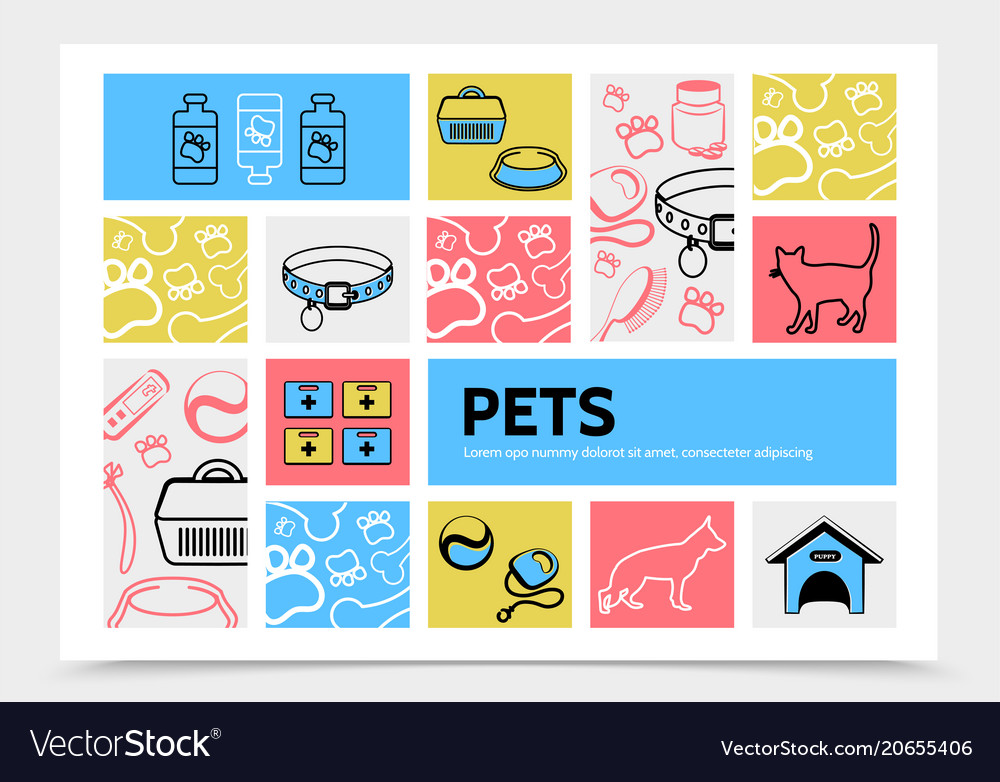What To Pack For Puppy Daycare
What To Pack For Puppy Daycare
Blog Article
Can Pet Dog Day Care Cause Illness?
Opportunities are that if your pet is on a regular basis subjected to other pet dogs, even if they're correctly vaccinated, they might get home with some kind of ailment. Vaccinations, regular vet appointments, and good health methods can minimize danger elements for infection and condition.
Stressed or anxious canines can establish stomach problems and other health issues that are easily spread between pet dogs. Developing age constraints and behavior regulations can assist make sure that just healthy and balanced pet dogs enter your center.
Distemper
Canine distemper is a major and typically deadly virus that assaults a canine's breathing, gastrointestinal, skin and immune systems. Young puppies are particularly vulnerable and can contract the disease through direct contact with an infected pet or via the air-borne transmission of infection bits discharged throughout coughing, sneezing or breathing.
The incubation period for canine distemper is between 3 and 7 days. While puppies at day care might appear to capture parvo from one more infected dog, it's unlikely since the incubation duration is so brief.
While there is no remedy for canine distemper, helpful care can help pets recoup. This consists of fluids, antibiotics and medications to control seizures. The Drake Facility for Vet Care notes that symptoms consist of dripping eyes and nose, diarrhea, vomiting, loss of appetite and neurological troubles such as twitching and tremblings. Young puppies need a complete inoculation series and yearly boosters to shield them versus this illness, which is why trusted doggie childcare facilities need up-to-date vaccinations.
Kennel Coughing
Kennel Coughing (Canine Infectious Tracheobronchitis) is a very infectious upper respiratory problem triggered by germs and viruses. It spreads out with airborne beads from a coughing or sneeze, direct contact, and sharing of infected items such as toys or water bowls. It is native to the island in position where numerous dogs are housed close together, such as kennels, pet parks, brushing beauty salons and programs. A number of injections are available to secure against the pathogens that create kennel cough, boarding places for dogs near me and proper health methods can aid stop infection.
The classic signs and symptom is a completely dry, hacking cough comparable to that of a goose honk, and many dogs recoup with little intervention. Nonetheless, serious cases can bring about pneumonia, and young puppies or dogs with pre-existing ailment are at greater danger for complications. To quicken healing, use a harness as opposed to a collar while your canine is recouping to prevent irritation to the windpipe. A humidifier might also aid to moisten the air and protect against dry coughing.
Parvovirus
Parvovirus (CPV) is a serious condition in canines. It resembles feline panleukopenia (feline distemper), however it's far more lethal and can spread swiftly among pet dogs due to its exceptionally durable nature.
This infection assaults the intestinal tract lining of a pet, ruining it and causing germs to dismiss into the blood stream. The weakened body immune system and overwhelming microorganisms lead to septic shock, which is normally fatal.
Luckily, veterinary healthcare facilities offer efficient treatment for parvovirus. These medicines are offered directly right into a patient's blood stream and targeted towards the particular pressure of parvovirus. This treatment technique is very effective and aids retrain the immune system to eliminate off the infection. Canines with extreme symptoms are typically hospitalized for numerous days for monitoring and extensive like ensure their survival. Pups, unvaccinated dogs and pet dogs with weak body immune systems are particularly prone to parvovirus. This is especially true for pups born to stray mommies and shelter atmospheres, where they are revealed to many other unwell and vulnerable canines.
Pooch Flu
Canine influenza (CIV) is a transmittable respiratory illness that can be triggered by pets sharing contaminated surface areas or straight contact with respiratory secretions. CIV spreads quickly in atmospheres where there are high varieties of dogs, such as canine parks, childcares, brushing facilities and veterinary centers.
Contaminated dogs dropped the infection via aerosol respiratory droplets when coughing or sneezing, and may pollute things they enter into contact with like cages, toys, food bowls, leashes and the hands and garments of individuals that handle them. Canines can likewise be "quiet service providers" spreading the virus without showing any type of signs and symptoms themselves.
Signs and symptoms of canine influenza include sinus and eye discharge, coughing, high temperature, anorexia nervosa, and weakness. The infection can advance to pneumonia, which can be fatal in some pet dogs. PCR viral screening is readily available for confirmation of infection. Ideally, samples (typically deep nasal or pharyngeal swabs) for PCR screening must be accumulated within 4 days of the onset of clinical indications.